I have a configuration-related data model which is required to have default values for all properties to ensure proper execution of consuming operations. Take for example this very simple model:
public class Sample {
public List<int> Integers { get; set; }
public Sample() =>
Integers = new List<int> { 1 };
}
This model is expected to contain at least one value so we specify a default processing value based on predefined requirements. However, the value doesn't have to be 1 specifically and if a client specifies a different value or many different values, our process should respect their input. Assume the client specifies the following json configuration to be deserialized into the model:
{
"integers": [ 2, 3 ]
}
During runtime, we load the configuration directly, but let's use a local string variable for the sake of this question:
using Newtonsoft.Json
...
string configuration = "{ \"integers\": [ 2, 3 ] }";
var sample = JsonConvert.DeserializeObject<Sample>(configuration);
Console.WriteLine(string.Join(",", sample.Integers));
The above code snippet should produce an output of:
1,2,3
As you can see in my screenshot below, that is the case:

However, my question is why... Why does the deserialization process append to the collection instead of overwriting it?